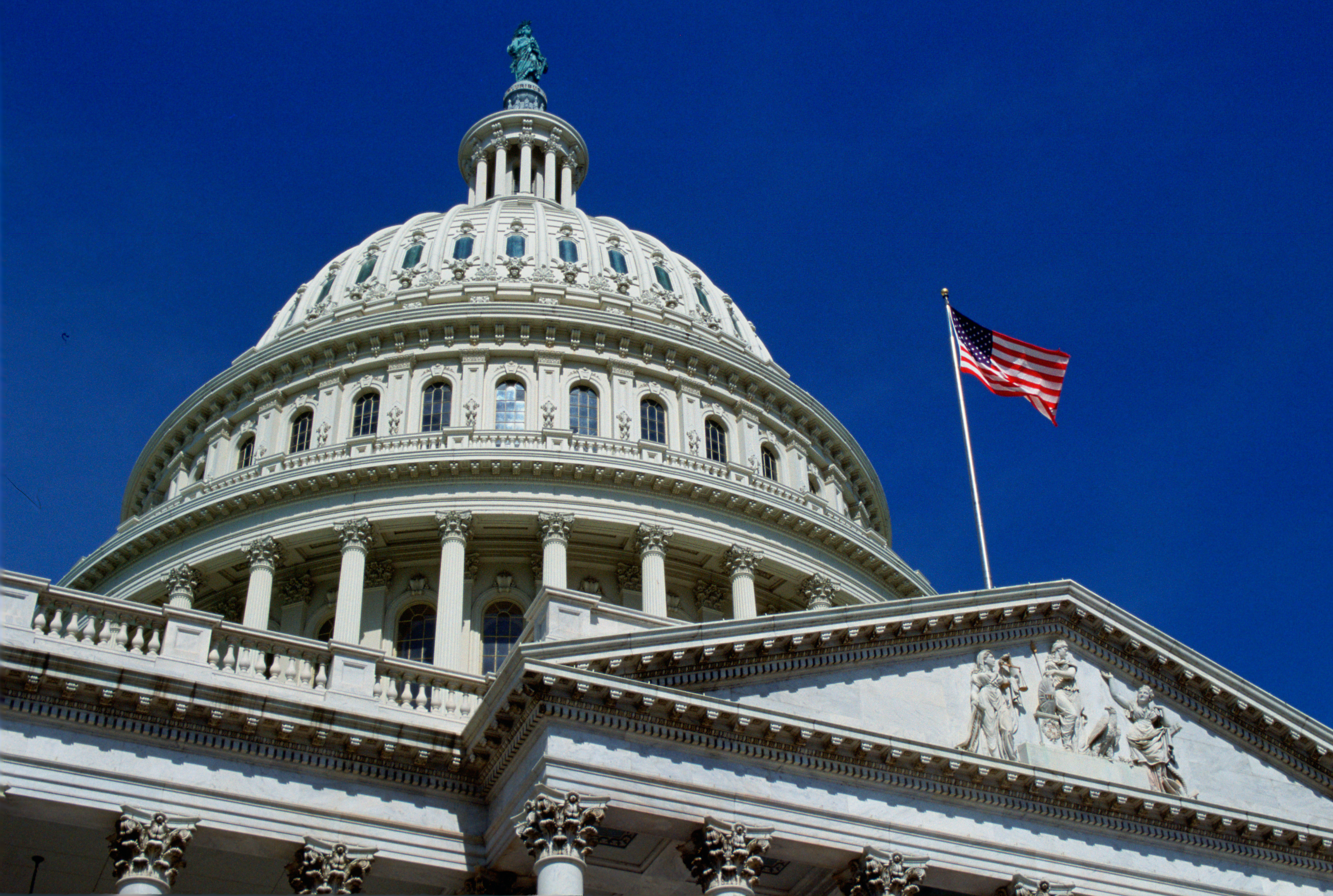Two days after the 2022 midterm elections, control of Congress still remains on the balance as ballot counting continues in a handful of key races, with two Senate seats heading to a runoff.
Control of the Senate hangs on three races in Arizona, Nevada and Georgia. Republicans are inching closer to seizing the House but aren't there yet. Neither party has reached the 218 seats necessary to win in the House.
Here's where things stand in the most contested races that will decided whether Republicans regain control of the House and Senate:
ARIZONA SENATE RACE
Democratic Sen. Mark Kelly holds a small lead over his Republican challenger, venture capitalist Blake Masters. As of Thursday morning, Kelly had 979,509 votes to Masters' 884,191, with 76% of votes counted.
Kelly drew support from urban voters while small town and rural voters were more likely to favor Masters. Suburban men clearly favored Masters, suburban women Kelly, according to exit polling.
NEVADA SENATE RACE
The nail-biting race between Democratic U.S. Sen. Catherine Cortez Masto and Republican challenger Adam Laxalt remained too early to call Thursday morning as officials in Nevada continue to tally votes, including mail-in ballots.
Cortez Masto, the incumbent, is trailing behind Laxalt by just over 15,000 votes with an estimated over 165,000 ballots left to count.
The outcome of the Senate race between Laxalt and Cortez Masto could illustrate the potency of the Democratic Party’s focus on abortion against the economic woes frequently cited by the GOP.
COLORADO, HOUSE SEAT 3
Republican Lauren Boebert is in a tight race in her bid for reelection to a U.S. House seat in Colorado against Democrat Adam Frisch, a businessman and former city councilman from the posh, mostly liberal ski town of Aspen.
Frisch was leading by less than 70 votes Thursday morning before Boebert took the lead by early afternoon. The close race will likely trigger a recount.
Boebert’s contest in Colorado’s sprawling 3rd Congressional District is being watched nationally as Republicans try to flip control of the U.S. House in the midterm elections.
GEORGIA AND ALASKA RUNOFFS
Democratic Sen. Raphael Warnock and Republican challenger Herschel Walker will meet in a Dec. 6 runoff in Georgia after neither reached the general election majority required under state law.
That sets up a four-week blitz that again will test whether voters are more concerned about inflation under Democratic control of Washington or the Republican candidate’s rocky past. Warnock styles himself as a pragmatist in a partisan era. Walker has tried to make the choice a referendum on national Democrats, caricaturing Warnock as a rubber-stamp for President Joe Biden amid sustained inflation.
In Alaska, the only thing that's for certain is that a Republican will hold the U.S. Senate seat after the state's ranked choice selection, with Donald Trump-endorsed Kelly Tshibaka and U.S. Sen. Lisa Murkowski, a fellow Republican, leading in early returns. Tshibaka held an edge over Murkowski in early first-choice votes released late Tuesday. The race also included Democrat Pat Chesbro.
Under ranked voting, ballots are counted in rounds. A candidate can win outright with more than 50% of the vote in the first round. If no one hits that threshold, the candidate with the fewest votes is eliminated, knocking Chesbro out of the race.
Rounds continue until two candidates remain, and whoever has the most votes wins. Tabulation rounds are expected to take place Nov. 23.
CONTROL OF THE HOUSE
In the House, Republicans on Thursday were within a dozen seats of the 218 needed to take control. Races were outstanding in Alaska, Arizona, California, Colorado, Maine, Maryland, Nevada, New Mexico, New York, Oregon and Washington.
Republicans had hoped for a red wave, but Democrats did better than history suggested they would. The party in power almost always suffers losses in the president’s first midterm elections, though even if the GOP ultimately wins the House, it won't be by a margin as large as during other midterm cycles. Democrats gained a net of 41 House seats under then-President Donald Trump in 2018, President Barack Obama saw the GOP gain 63 in 2010 and Republicans gained 54 seats during President Bill Clinton's first midterm.
A small majority in the House would pose a great challenge for the GOP and especially California Rep. Kevin McCarthy, who is in line to be House speaker and would have little room for error in navigating a chamber of members eager to leverage their votes to advance their own agenda.



